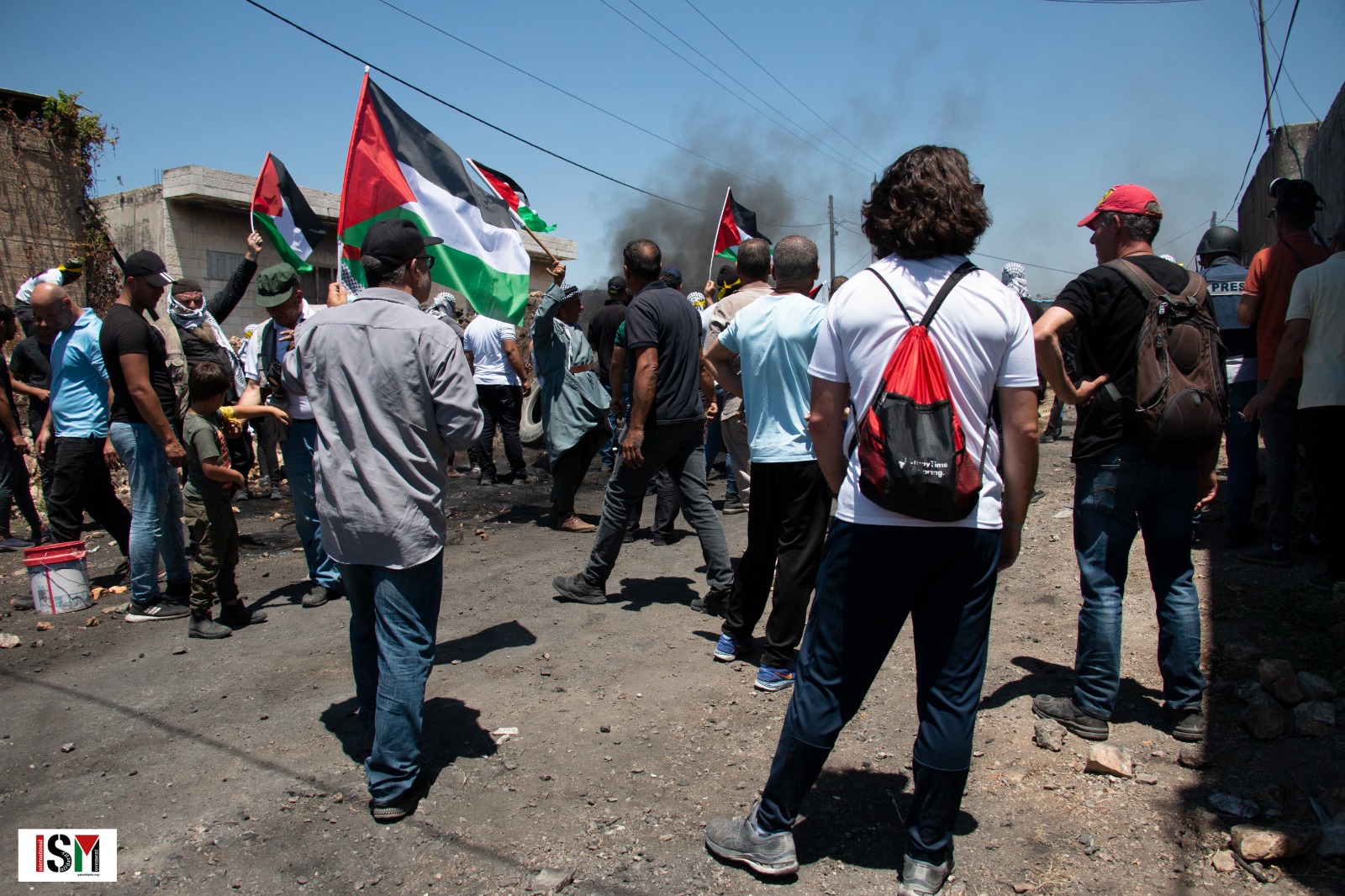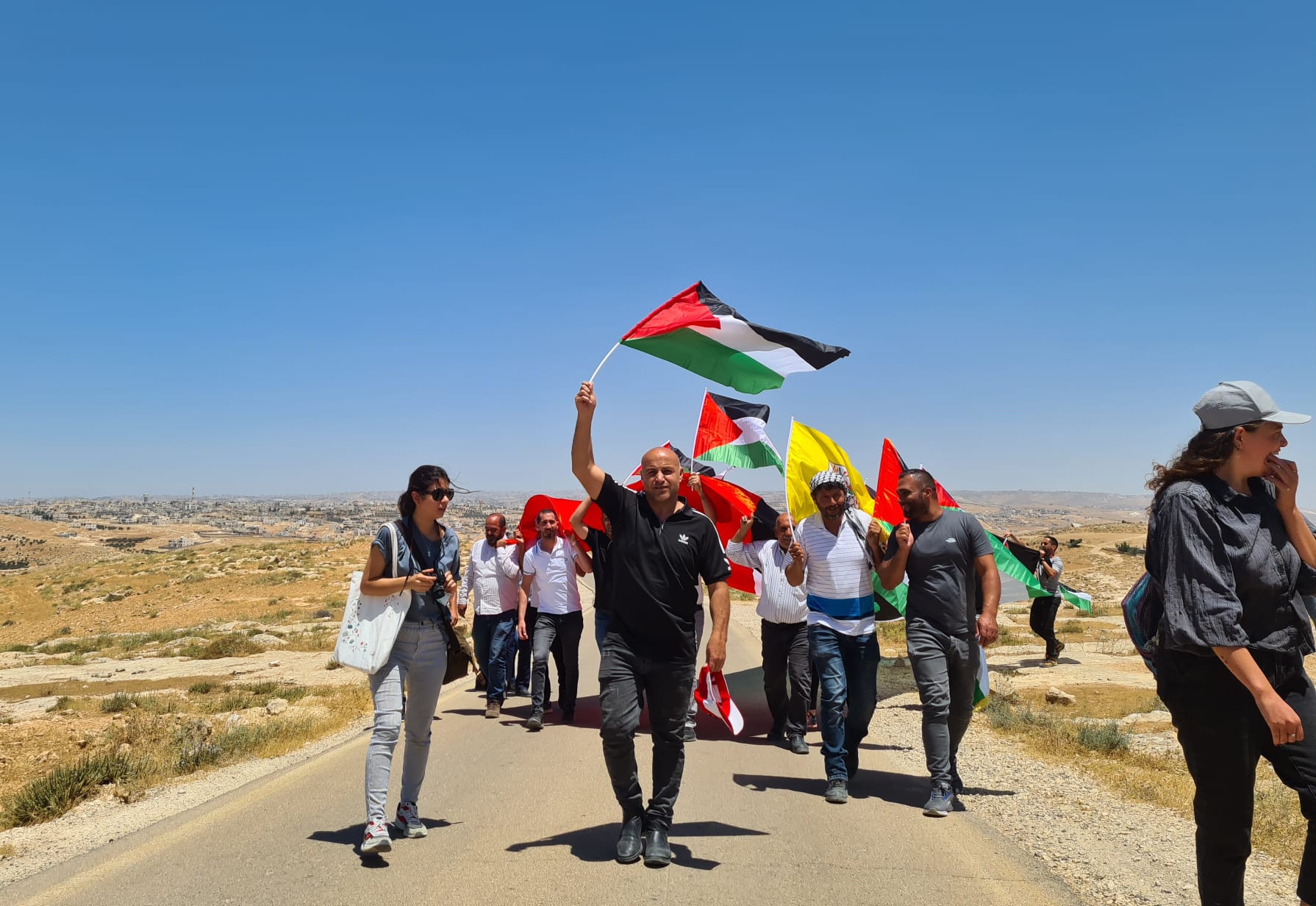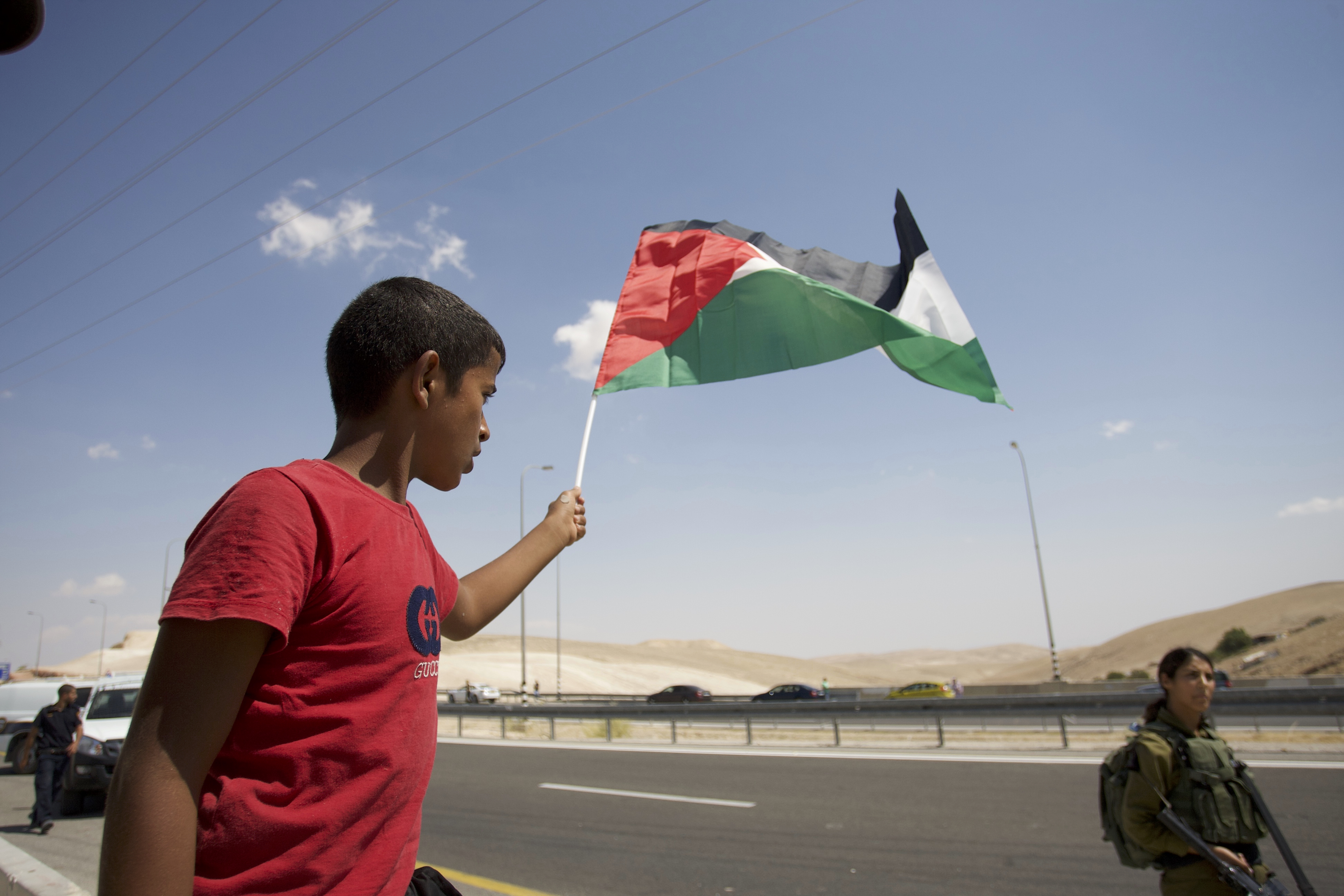Category: Features
-
Join ISM: Training in Bristol & Belfast, July 24, 2022
ISM UK & ISM Ireland are offering pre-training sessions in Bristol and Belfast this month for prospective volunteers who are interested in joining the International Solidarity Movement on the ground in Palestine. Attending the training session will give you a chance to get a first impression of ISM and the kind of work we…
-
ISM Call to Action: Save Masafer Yatta!
The International Solidarity Movement is calling all activists and supporters to take urgent action against Israel’s ethnic cleansing of the Masafer Yatta region in the occupied West Bank. What is Masafer Yatta?: Masafer Yatta is a rural region to the south of Hebron along the southern border of the occupied West Bank. It…
-
“Ridiculous, spurious, and easily disproved” – Huwaida Arraf responds to recent right-wing attacks on the International Solidarity Movement
Once again right-wing media, politicians, and even supposed academics are attacking the International Solidarity Movement (ISM) with spurious allegations that are easily disproved. This time it comes in their ongoing effort to undermine Representative Ilhan Omar, the Congresswoman from the 5th district of Minnesota. On June 8, Rep. Omar retweeted a post by Marwa Fatafta,…



